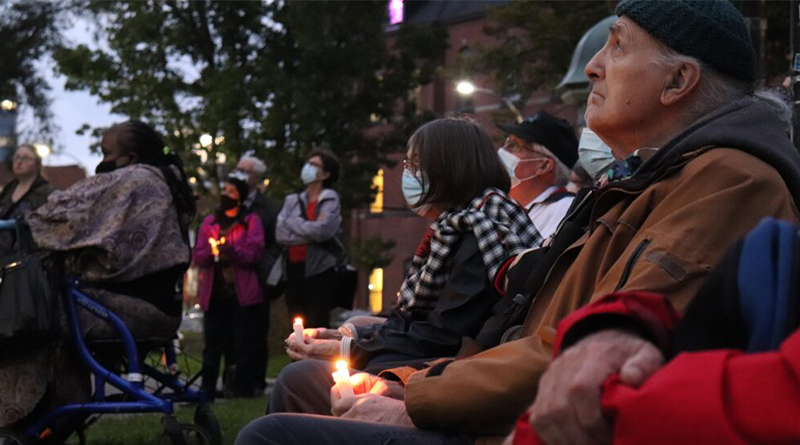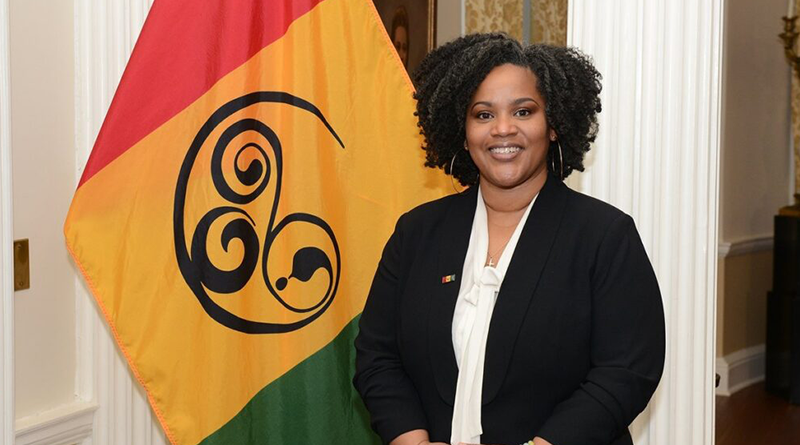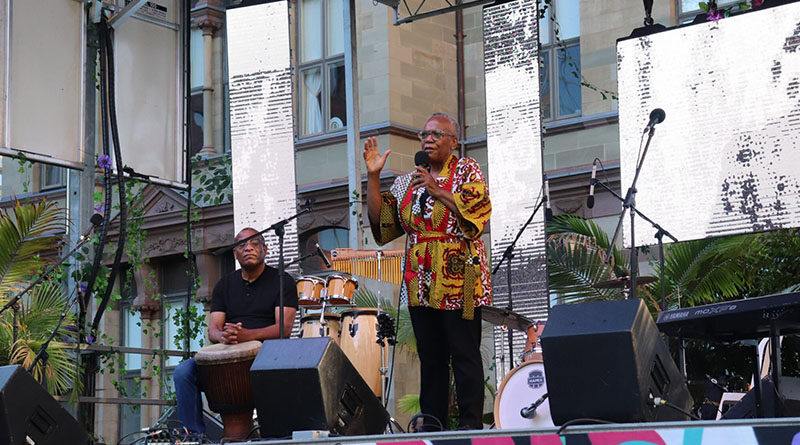Virtual panel discusses the ongoing legacy of slavery and the topic of reparations
On Monday, speakers at a virtual panel discussion talked about reparations and the ongoing legacy of slavery from Nova Scotian and Canadian perspectives. The event was hosted by Dalhousie University, University of King’s College, and the Black Cultural Centre for Nova Scotia and was advertised as a pre-conference event for the 2023 Universities Studying Slavery Conference to be hosted by University of King’s College. Isaac Saney, director of the transition year program, moderated the three-person panel.
Read more



